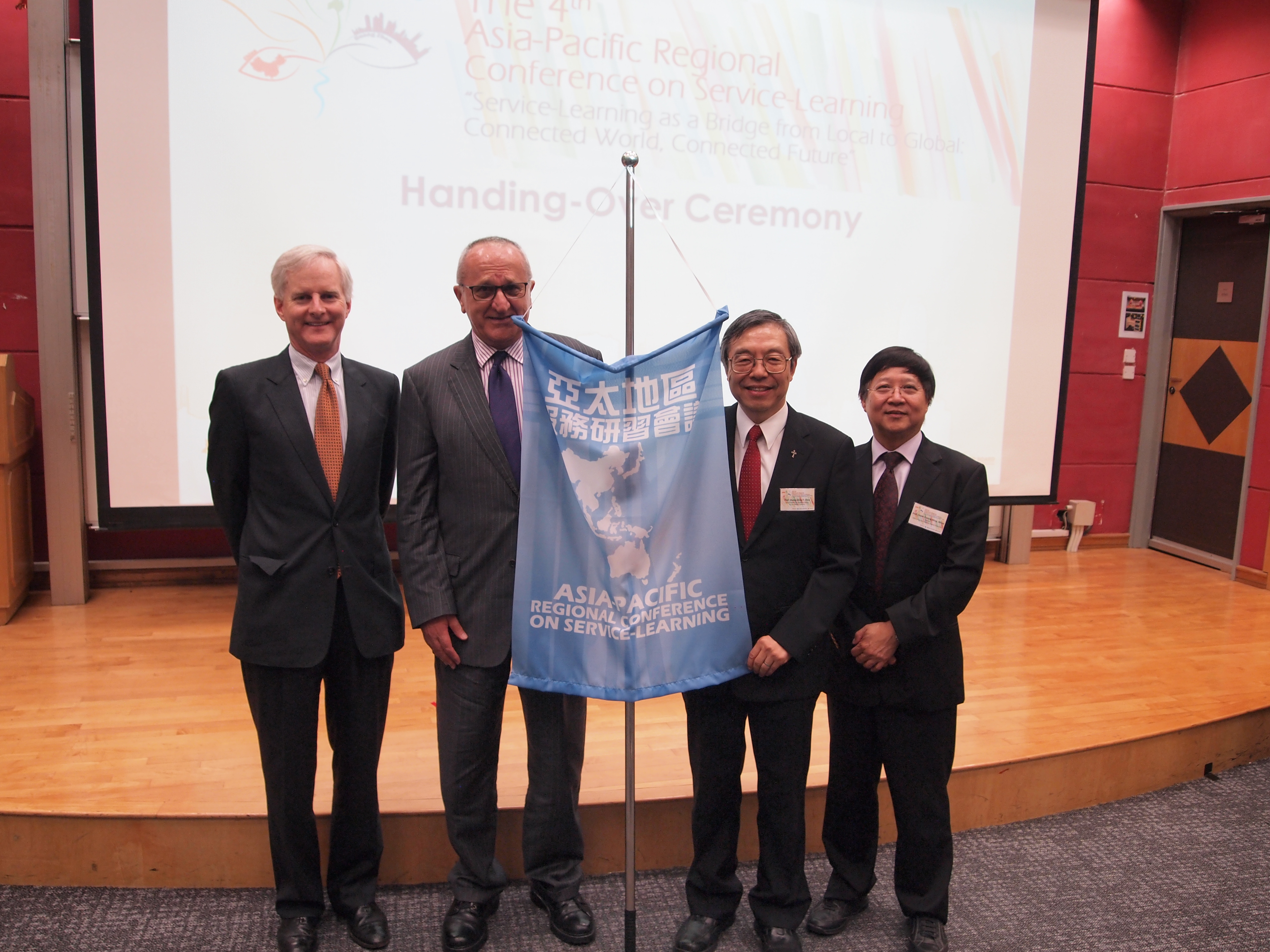Location
MD217, Paul Cardinal Shen Medical Building, Fu Jen University
Start Date
28-5-2015 4:30 PM
End Date
28-5-2015 5:40 PM
Description
Faculties at Taipei Medical University developed an interdisciplinary courses cluster which consists of Chinese History, Nutrition, Elderly Activity Design, and Physical Examination. In this course cluster, faculties, students, teaching assistant, and NPO/community members serve the same elderly over two years by providing health related care in accordance with the courses objectives. In this project, not only students' soft abilities, such as problem-solving skills, team work abilities, and communication abilities, are improved, but also develop some pilot devices for the elderly, such as remote health examination and instant soft meal. The paper will describe this model of interdisciplinary service-learning in health professions education, explores common experiences and themes across courses, and identifies key components for success.
Recommended Citation
Chiu, C.-H., & Liu, F. (2015, May). One plus one more than two: University-community partnerships for elderly: An interdisciplinary service-learning project. Paper presented at the 5th Asia-Pacific Regional Conference on Service-Learning: Love Journey: Community Engagement through Service-Learning, Fu Jen Catholic University, Taiwan.
Included in
One plus one more than two : university-community partnerships for elderly : an interdisciplinary service-learning project
MD217, Paul Cardinal Shen Medical Building, Fu Jen University
Faculties at Taipei Medical University developed an interdisciplinary courses cluster which consists of Chinese History, Nutrition, Elderly Activity Design, and Physical Examination. In this course cluster, faculties, students, teaching assistant, and NPO/community members serve the same elderly over two years by providing health related care in accordance with the courses objectives. In this project, not only students' soft abilities, such as problem-solving skills, team work abilities, and communication abilities, are improved, but also develop some pilot devices for the elderly, such as remote health examination and instant soft meal. The paper will describe this model of interdisciplinary service-learning in health professions education, explores common experiences and themes across courses, and identifies key components for success.
